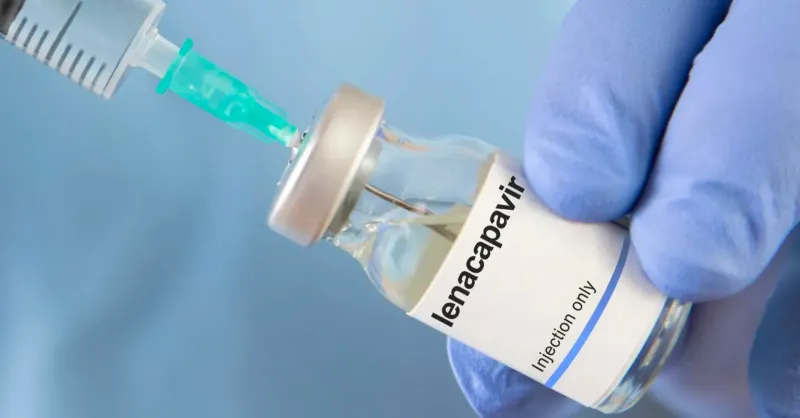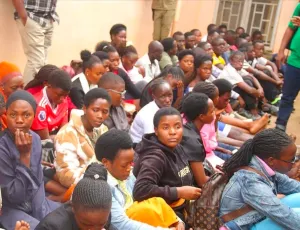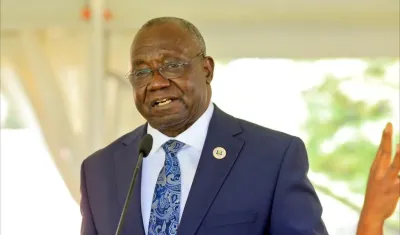
HIV activists are raising concern over what they describe as slow progress by the National Drug Authority (NDA) in reviewing and approving Lenacapavir, an injectable HIV-prevention drug. The drug, highly effective as pre-exposure prophylaxis (PrEP) in clinical trials involving adolescent girls and young women in both Uganda and South Africa, had positioned Uganda among the first countries slated to benefit from donated supplies.
Although the Ministry of Health says Uganda is due to receive a 1.1-million-dollar Global Fund donation in January 2026, concerns are mounting that the country may forfeit this early allocation. Speaking during a Tuesday press briefing, Kuraish Mubiru, Executive Director of Uganda Young Positives, warned that Uganda lacks the required regulations and implementation frameworks needed before accepting shipments of what he called a breakthrough long-acting prevention option. According to Mubiru, these missing prerequisites threaten the anticipated rollout.
Mubiru, joined by several other activists, called on NDA to preferably complete all necessary guidelines by the end of December if Uganda is to stand any chance of launching the drug at the start of 2026.
Activists further pointed out that the upcoming Global Fund donation will supply only about 10,000 doses. Given that Uganda reports roughly 1,000 new HIV infections every week, they argue this quantity is severely insufficient. Flavia Kyomukama, Executive Director of NAFOPHANU, acknowledged the U.S. commitment of an additional 200,000 doses but insisted that the government must also “invest in such innovations” to expand access for those who need them most.
She emphasized that Lenacapavir is meant for populations at elevated risk such as sex workers, boda boda riders, long-distance truck drivers, and individuals in discordant relationships, but warned that without clear communication, distribution could become inequitable or misunderstood.
Earlier, similar worries had been voiced by Dr. Flavia Matovu Kiweewa, Senior Research Scientist with the Makerere University–Johns Hopkins University Research Collaboration (MU-JHU). As Uganda’s Lead Investigator on the Lenacapavir trial, Matovu noted strong public interest in the injection and indicated that the study sponsor intends to support subsidized access in high-burden countries like Uganda until generic formulations enter the market.
Lenacapavir is administered only twice a year, offering a convenient alternative to the already-introduced long-acting cabotegravir, which requires two initial doses a month apart and then injections every two months. Matovu highlighted that such long-acting products are particularly beneficial for individuals who struggle with adherence to frequent dosing schedules.
She also revealed that the Global Fund aims to distribute 36,000 doses across nine health facilities during the first quarter of 2026. If this plan proceeds as intended, Lenacapavir would represent the first HIV-prevention technology to reach communities rapidly after the completion of its clinical trials.













Lynzy Mbabazi
Leave a Comment
Your email address will not be published.